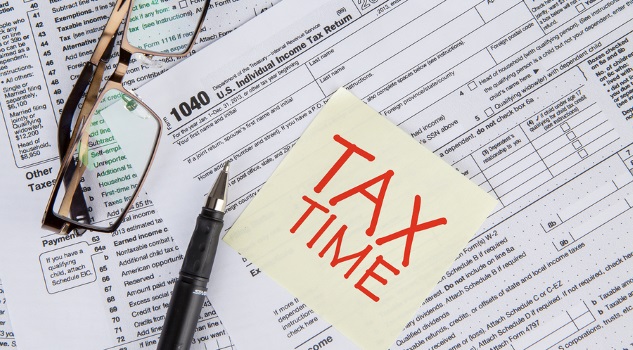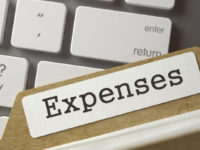Good record-keeping is crucial to efficient business management and will make a taxing time for small business easier if the ATO ask you questions
In the second installment of his two-part article, Director of Tax Communications at H&R Block, Mark Chapman, addresses more of the issues that will arise in the next few months in what is a taxing time for small business as end-of-financial-year deadlines loom large.
Trading stock
The Tax Act provides a set of simplified trading stock rules whereby if your trading stock did not change in value over the tax year by more than $5,000, you can include the same stock value at year-end as at the start of the year. Include a stocktake in the list of preparatory tasks for next year’s tax return.
Pre-paid expenses
SMEs can get an immediate tax deduction for certain pre-paid business expenses that were made before the end of 2014-2015. If a payment covered an expense that has gone into the new financial year – insurance premiums, rent or membership of a trade or professional body – you can claim that deduction in the last financial year. Check your payments for the period before 30 June 2015 to see if anything qualifies.
Capital gains tax (CGT)
The special small business CGT concessions are in addition to the 50% general CGT discount applying to individuals, trusts and super funds – but not companies.
There are four CGT concessions that may be available to eliminate or reduce capital gains made by a small business or its owners where it disposes of ‘active’ assets, like a business premises, but they do not extend to passive assets such as an investment portfolio.
Don’t blur the lines between the company’s money and your own
Many small businesses get caught out by the so-called ‘deemed dividend’ rules. Under tax law, loans and advances to private company shareholders or their associates are deemed to be taxable unfranked dividends for the shareholders. The intention of these rules is to stop the profits of private companies being distributed to shareholders as tax-free ‘loans’.
So, if you borrow money from the company of which you’re a shareholder, ensure it’s repaid by the time the company’s tax return for the year is due. If that isn’t possible, declare a dividend and treat the amount as income.
The golden rule – keep records!
Good record-keeping is crucial to efficient business management and will make life easier if the ATO ask you questions.
Tax law requires that records be kept for five years, including:
- sales receipts
- expense invoices
- credit card statements
- bank statements
- employee records – wages, super, tax declarations, contracts
- vehicle records
- lists of debtors and creditors
- asset purchases.
Records can be kept on paper or electronically, but should be easily retrieved. In our experience, businesses often stumble when asked by the ATO to verify transactions by providing supporting records, resulting in even ‘innocent’ businesses finding themselves being stung by the tax man where they can’t provide the requested evidence.
What about your deductions?
We all know you’ve got to spend money to make money, and if it’s spent to produce ‘assessable’ income your business will usually be entitled to a tax deduction. Many businesses trip up by inflating their deductions or claiming for something they shouldn’t, but a surprising number also miss out on deductions they could have claimed. There are legitimate, easily-forgotten, deductions that almost every business can take advantage of.
The basic rule, to avoid the attention of the ATO, is to show you are actually ‘out-of-pocket’, and that the expense has been incurred to run your business. Here are some tax deductions you may be able to claim:
- advertising and sponsorship
- bad debts
- expenses on borrowed money
- business travel
- car expenses
- fringe benefits
- work-from-home claims
- insurance
- plant and equipment –depreciating assets
- repairs, replacement and maintenance
- superannuation contributions
- salaries and wages
- tax agent expenses
- telephones – calls and rental
- losses from theft.
If you missed the first installment, here’s the link: https://insidesmallbusiness.com.au/finance/taxing-time-for-small-business-in-2016
Mark Chapman, Director of Tax Communications, H&R Block
















